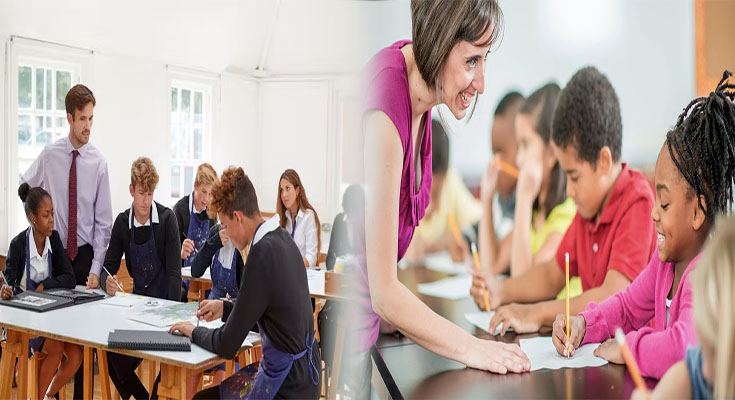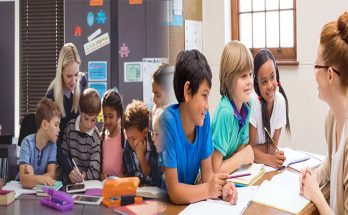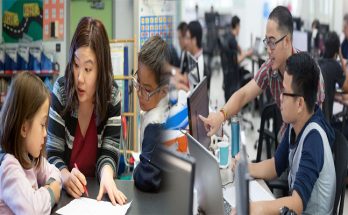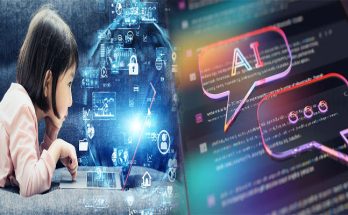The future of education is upon us, and it is becoming increasingly clear that a one-size-fits-all approach to teaching simply does not work for all learners. Personalized learning approaches are slowly but surely gaining momentum in schools across the world to address this issue. In this article, we will explore the concept of personalized learning and its potential to revolutionize the traditional school system.
What is Personalized Learning?
As the name suggests, personalized learning is an approach to education that tailors learning experiences to the unique needs, interests, and abilities of individual students. It seeks to replace the traditional one-size-fits-all classroom model with a more flexible and adaptive learning environment that meets students where they are and challenges them to learn at their own pace.
Personalized learning aims to create autonomous learners who take a more active role in their learning journey. Students are encouraged to work collaboratively, engage in self-reflection, and set their own learning goals. Teachers act as facilitators and coaches, providing guidance and support as students work toward their individualized goals.
Benefits of Personalized Learning
Personalized learning offers several benefits to students, including:
- Increased Engagement: Personalized learning approaches can help increase student engagement by placing the focus on topics that are relevant and meaningful to them.
- Improved Learning Outcomes: By tailoring learning experiences to individual students’ needs and abilities, personalized learning can help facilitate improved learning outcomes.
- Greater Self-Awareness: Through self-reflection and goal-setting, students can gain a better understanding of their strengths, weaknesses, and learning preferences, leading to greater self-awareness and confidence.
- Individualized Attention: Personalized learning allows teachers to give individualized attention to each student, ensuring that they are getting the support they need to succeed.
Technology and Personalized Learning
Advances in technology have made it easier to implement personalized learning approaches in the classroom. Educational technology tools such as learning management systems (LMS), online tutoring, and adaptive learning software can provide a more personalized learning experience for students.
Adaptive learning software is particularly effective in delivering personalized learning experiences. These programs use algorithms to adjust the difficulty of the material based on how well the student is performing. This approach allows students to work at their own pace and ensures that they are always being challenged but not overwhelmed.
Personalized learning approaches have the potential to revolutionize the traditional classroom model. By tailoring learning experiences to the unique needs, interests, and abilities of individual students, we can create a more engaging and effective learning environment. The use of technology in delivering personalized learning experiences can help make this approach more accessible and scalable.
As we move towards a future of education where personalized learning is more commonplace, it is important to keep in mind that this approach is not a panacea. It requires careful planning, implementation, and ongoing evaluation to ensure that it is meeting the needs of all learners. However, with careful consideration and a commitment to continuous improvement, personalized learning has the potential to transform education and empower students to take a more active role in their learning journey.





